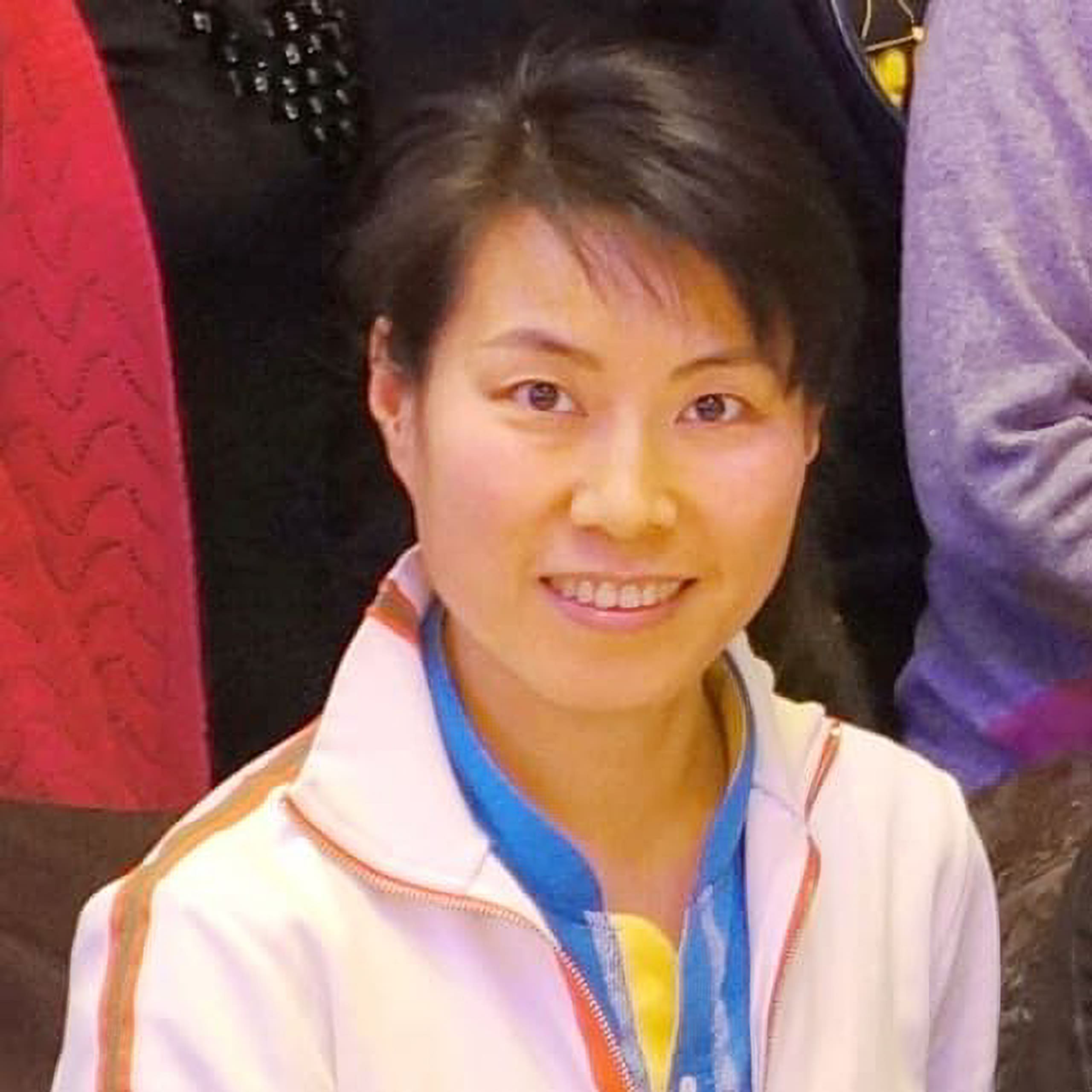Cancer treatments like chemotherapy, radiation therapy, and hormone therapy can lead to various unpleasant side effects that negatively impact patients’ quality of life.
Acupuncture, a traditional Chinese medicine technique, has gained attention as a complementary therapy to help manage these side effects.
Numerous studies have investigated the efficacy and safety of acupuncture in alleviating cancer treatment-related symptoms.
Acupuncture has been practiced for thousands of years. It involves the insertion of fine needles into specific points on the body to balance the flow of energy or “qi.”
Modern research is beginning to uncover how acupuncture can help alleviate the side effects associated with cancer treatment, providing patients with relief and a better quality of life.
History and Origins of Acupuncture
Acupuncture, with a history of over 2,500 years, is rooted in ancient China. It is based on the belief that health is determined by the flow of energy, or qi, through pathways in the body called meridians.
When the flow of qi is blocked or imbalanced, illness can occur. Acupuncture aims to restore the proper flow of qi, promoting health and well-being.
While these concepts may seem foreign in a Western context, acupuncture has gained acceptance worldwide, particularly as a complementary therapy in integrative medicine, providing a long-standing and globally recognized solution for health and well-being.
How Acupuncture Works
From a Western medical perspective, acupuncture works through several mechanisms. It stimulates nerves, muscles, and connective tissue, which can boost the body’s natural painkillers, such as endorphins.
Acupuncture also influences the autonomic nervous system, which controls bodily functions like heart rate and digestion and modulates the immune response.
Acupuncture has also been shown to affect neurotransmitters and hormones, helping reduce stress and improve mood.
Acupuncture and Cancer Treatment Side Effects
Cancer treatments, while effective in combating the disease, can cause a range of side effects. Acupuncture has been studied for its ability to alleviate many of these side effects, offering a natural and non-invasive option for patients.
Managing Nausea and Vomiting
Nausea and vomiting are among the most common and distressing side effects of chemotherapy and radiation therapy. Multiple studies have shown that acupuncture, particularly when applied to points like P6 (located on the inner wrist), significantly reduces these symptoms.
The anti-nausea effects of acupuncture are thought to be related to its ability to modulate the nervous system and influence the vomiting center in the brain.
Pain Relief
Pain is another frequent complaint among cancer patients, whether it’s due to the cancer itself or the treatments. Acupuncture has been found effective in reducing various types of pain, including musculoskeletal pain, neuropathic pain, and surgical pain.
It works by stimulating the release of natural pain-relieving chemicals in the body, such as endorphins, and by affecting brain and spinal cord pain pathways.
Fatigue Reduction
Cancer-related fatigue is a pervasive issue that can severely impact a patient’s quality of life. Unlike ordinary tiredness, this fatigue is often resistant to rest and can be debilitating.
Acupuncture has shown promise in reducing cancer-related fatigue by enhancing energy levels and overall well-being. Research suggests that acupuncture may help regulate the body’s circadian rhythms and improve sleep quality, which is crucial for managing fatigue.
A systematic review and meta-analysis found that acupuncture can be beneficial in managing cancer-related fatigue in breast cancer patients.
Stress and Anxiety Management
The psychological toll of a cancer diagnosis and treatment can lead to significant stress, anxiety, and depression.
Acupuncture has been used for centuries to treat emotional and mental health issues, and modern studies have confirmed its effectiveness in reducing stress and anxiety in cancer patients.
The practice calms the nervous system, reduces the levels of stress hormones like cortisol, and promotes relaxation, all of which contribute to better mental health.
Immune System Support
Acupuncture has been shown to provide immune system support through various mechanisms, as evidenced by several studies:
Increased Production of Opioid-Like Peptides (OLPs)
https://pubmed.ncbi.nlm.nih.gov/10437265/
Acupuncture induces the formation of opioid-like peptides (OLPs) in animals, which can help regulate immune responses.
A study on patients with various painful disorders found that acupuncture treatment led to a considerable increase in beta-endorphin levels, which remained high even 24 hours after treatment.
Regulation of Immune Cell Populations
https://pubmed.ncbi.nlm.nih.gov/10437265/
Acupuncture has been shown to influence the percentage of T-lymphocyte peripheral blood subgroups (CD3+, CD4+, CD8+) and natural killer cells (CD16+CD56+). In a study on breast cancer patients undergoing radical surgery, acupuncture combined with anesthesia resulted in significantly higher levels of CD3+, CD4+, and CD4+/CD8+ ratio compared to the control group.
Modulation of Inflammatory Factors
https://www.ncbi.nlm.nih.gov/pmc/articles/PMC8366064/
Acupuncture can promote the balance of immune cells and regulate the release of inflammatory factors, thereby reducing the stimulation of nociceptive receptors in peripheral organs. It also alleviates peripheral neurogenic inflammation by inhibiting the release of substance P (SP) and calcitonin gene-related peptide from the dorsal root ganglia.
Neuroimmune Crosstalk
https://www.ncbi.nlm.nih.gov/pmc/articles/PMC8366064/
Acupuncture exerts its anti-inflammatory and analgesic effects by regulating peripheral and central neuroimmune interactions. At local acupoints, acupuncture activates TRPV1 and TRPV2 channels of mast cells, promoting degranulation and the release of histamine, adenosine, and other immune mediators that interact with receptors on nerve endings to initiate neuroimmune regulation.
Management of Hot Flashes
Hot flashes are a common side effect of certain cancer treatments, particularly in breast cancer patients undergoing hormone therapy. These sudden feelings of warmth, often accompanied by sweating and discomfort, can be particularly bothersome.
Acupuncture has been shown to reduce the frequency and severity of hot flashes, providing relief without the need for additional medication.
Opioid-Induced Constipation Relief
Opioid-induced constipation (OIC) is a common side effect of opioid analgesia used for cancer pain management.
A meta-analysis of RCTs found that acupuncture, with or without medication, achieved a higher overall remission rate (86.8%) compared to the control group (78.9%) in OIC patients.
Acupuncture also improved symptom scores related to defecation frequency, straining, abdominal pain, defecation time, and stool property.
Integrating Acupuncture into Cancer Care
Collaborating with Healthcare Providers
For acupuncture to be most effective, it should be integrated into a comprehensive cancer care plan. This integration requires open communication and collaboration between acupuncturists and oncologists.
Such a collaborative approach ensures the safety and tailored nature of the treatment, leading to the best possible outcomes.
It also ensures that acupuncture is used as a complementary therapy, not as a replacement for conventional treatments, thereby enhancing the overall care for the patient.
Safety Considerations
Safety is a crucial consideration when incorporating acupuncture into cancer care.
Choosing a qualified and registered Chilliwack acupuncturist or Abbotsford acupuncturist with experience working with cancer patients is essential. Patients should always inform their healthcare providers about their acupuncture treatments to avoid any potential interactions with other therapies.
Acupuncture is generally safe, but certain precautions may be necessary, such as avoiding needling in areas affected by lymphedema or where infection is a risk.
Acupuncture has been found to be a safe adjuvant therapy for managing side effects induced by drug therapies in breast cancer patients, with no serious adverse events reported in RCTs.
Additionally, a cross-sectional study in the USA found that cancer patients with pain who feared analgesic side effects were more likely to prefer acupuncture as a treatment option.
Current Research
Current research into acupuncture’s role in cancer care is promising, with many studies supporting its benefits for managing treatment side effects.
For example, a 2018 review of randomized controlled trials found that acupuncture was effective in reducing chemotherapy-induced nausea and vomiting, cancer-related pain, and hot flashes.
These findings are encouraging and suggest that acupuncture may become an increasingly accepted component of integrative oncology.
Future Directions in Research
Future research may explore new areas of acupuncture’s potential in cancer care, such as its role in enhancing immune function, improving long-term survival rates, or reducing the side effects of newer cancer therapies like immunotherapy.
As more high-quality studies are conducted, acupuncture’s place in standard cancer care protocols is likely to expand, offering patients more options for holistic, patient-centred care.
The Need for Further Research
While the existing evidence supports acupuncture in cancer care, more rigorous research is needed to understand its mechanisms of action and optimize treatment protocols fully.
Ongoing studies aim to provide clearer guidelines for integrating acupuncture into standard oncology practice.
In conclusion, acupuncture is a promising complementary therapy for managing cancer treatment side effects and improving quality of life. As an individualized, non-pharmacological approach, it can be a valuable addition to comprehensive cancer care.
Patients interested in acupuncture should consult their oncology team and seek treatment from qualified practitioners.
From Roswell Park Comprehensive Cancer Center
Finding a Registered Acupunturist
The Healing Oak is a multidisciplinary health and wellness clinic that provides adjuvant therapies for a wide variety of health issues. We have two locations, acupuncture Chilliwack and Acupuncture Abbotsford.
is a highly skilled practitioner of Traditional Chinese Medicine (TCM). She holds licenses as a Registered Acupuncturist, Registered Herbalist, and Doctor of TCM.
is a licensed naturopathic physician and a CAND member (Canadian Association of Naturopathic Doctors).
Oncology & Acupuncture FAQ's
Acupuncture is typically not painful. The needles used are very thin, much thinner than those used for injections. Most patients feel little to no discomfort when the needles are inserted.
You may feel a slight pinch, tingling, or a sensation of warmth or heaviness at the needle site, but these sensations are usually mild and temporary. Many patients find the process relaxing.
Yes, acupuncture appears to be safe for cancer patients during active treatment, based on the available evidence from systematic reviews and clinical trials:
- A systematic review of randomized controlled trials found no serious adverse events reported in breast cancer patients receiving acupuncture as an adjuvant therapy for managing side effects induced by drug therapies. The safety of acupuncture was ascertained in this patient population.
- A review of clinical trials on acupuncture for breast cancer-related lymphedema (BCRL) found no significant adverse events in 2,965 total acupuncture treatments, including 1,390 treatments in the affected limb. Only a single grade 2 skin infection was reported out of 2,965 treatments (0.034%).
- A study reviewing the medical records of 684 cancer patients who received acupuncture treatments found no adverse events of increased bruising or bleeding, even in patients with platelet counts <100,000/μL, including nine visits in which platelet counts were <50,000/μL.
These studies suggest that acupuncture is safe for cancer patients during active treatment, including those with treatment-related side effects like lymphedema and thrombocytopenia. However, it is essential to consult with a qualified acupuncturist experienced in working with cancer patients and to inform them of any ongoing treatments or medications to ensure the highest level of safety and care.
https://www.ncbi.nlm.nih.gov/pmc/articles/PMC8526206/
Yes, acupuncture is often used as a complementary therapy alongside conventional cancer treatments like chemotherapy, radiation, and surgery. It is not intended to replace these treatments but to help manage their side effects and improve quality of life.
Always discuss with your healthcare provider before starting acupuncture to ensure it is integrated safely into your overall treatment plan.
Acupuncture is generally considered safe and does not typically interfere with cancer medications or treatments. In fact, it is often used to help alleviate the side effects of these treatments.
However, it’s important to communicate openly with your healthcare team about all therapies you are using, including acupuncture, to ensure there are no contraindications or interactions with your cancer care plan.
Acupuncture has shown promising results in reducing chemotherapy-induced nausea and vomiting (CINV) in cancer patients, as evidenced by several systematic reviews and meta-analyses:
Effectiveness in Reducing CINV
A systematic review and meta-analysis published in 2023 assessed the effectiveness and safety of acupuncture for the prevention of CINV. The study aimed to explore sources of between-study variation in treatment effects.
Another meta-analysis of randomized controlled studies published in 2022 also investigated the efficacy of acupuncture in preventing CINV.
Yes, acupuncture can be beneficial for managing emotional and psychological side effects such as anxiety, depression, and stress, which are common among cancer patients.
Acupuncture is believed to help balance the body’s energy, promote relaxation, and reduce levels of stress hormones, leading to an improved mood and mental state.
Many patients report feeling calmer and more centered after acupuncture sessions.



